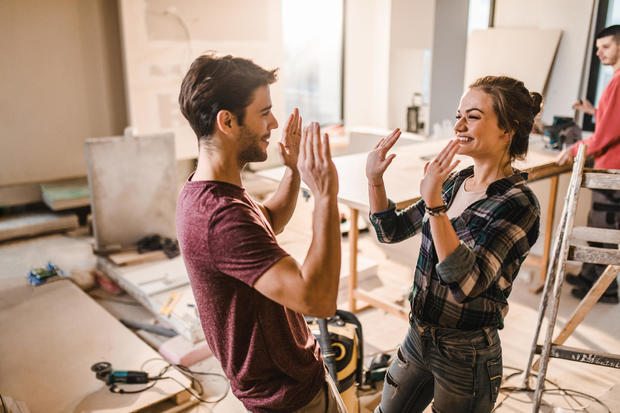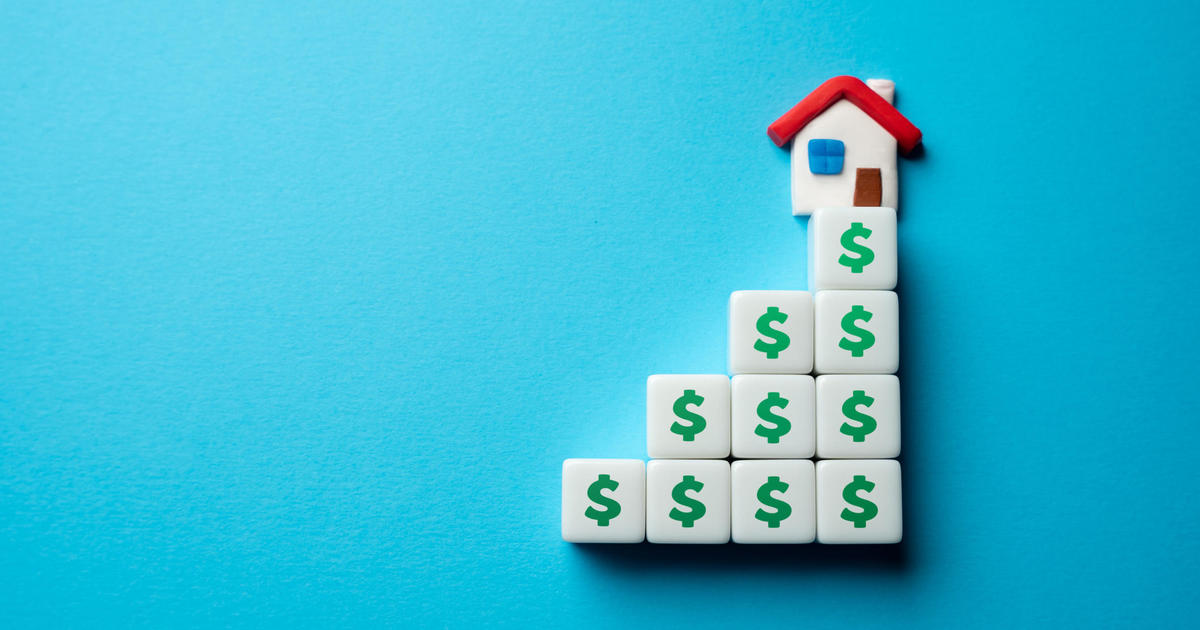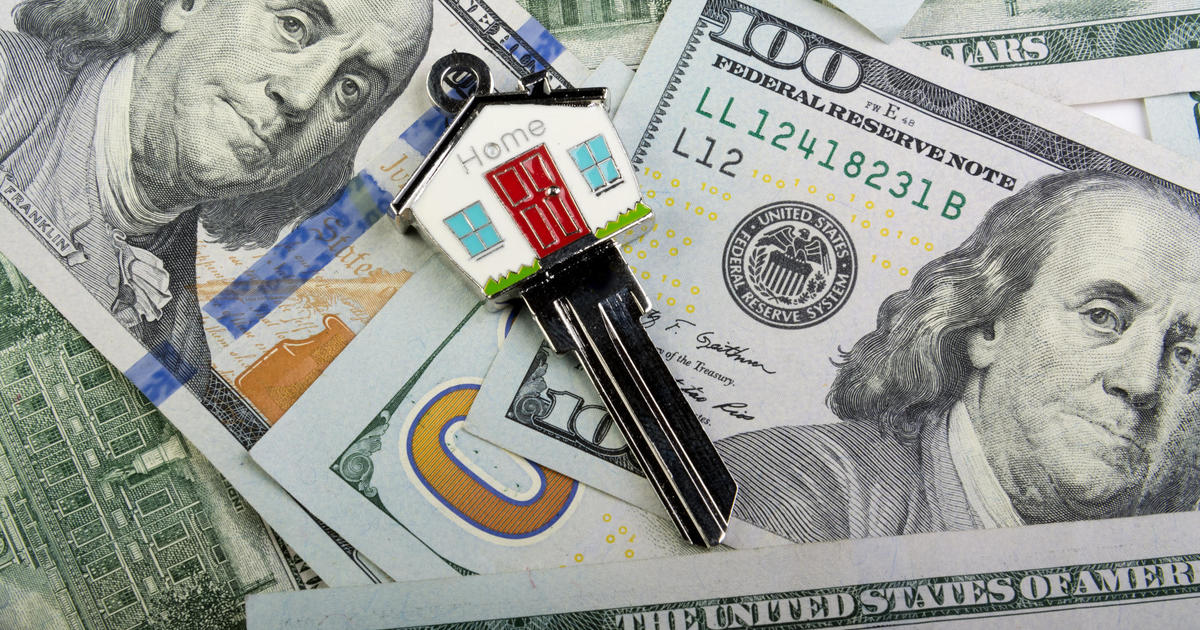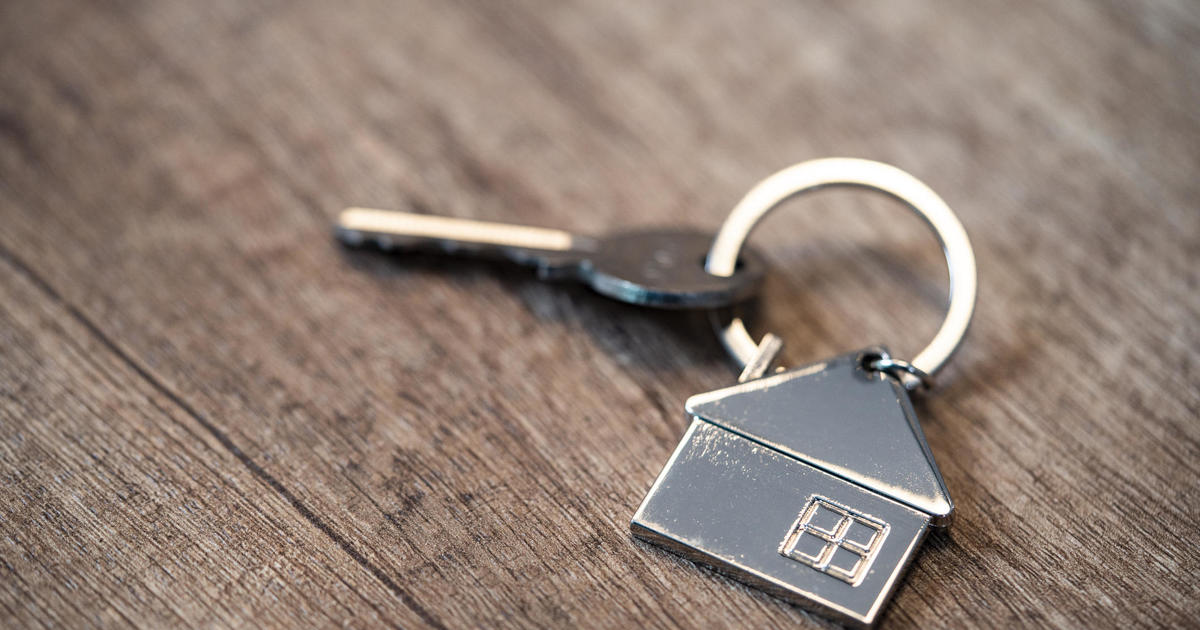Home equity loan vs. home improvement loan: Which is better?
Whether a major renovation or a remodel, starting a home project can be a huge undertaking. But finding the right financing option can help make the process run more smoothly and hopefully minimize the financial burden.
Homeowners today have a number of financing options available, but two popular options are home equity loans and home improvement loans. These loan types carry very different terms, requirements, loan amounts and more — details that can help you decide which is best suited for your project. Below, we'll break down everything to know about each one before you apply.
Start by exploring some of the top home equity loans avaliable here now.
What is a home equity loan?
Home equity loans are secured loans that use your home as collateral. These loans carry lower interest rates than other borrowing options, have long repayment periods and even have tax advantages when used for eligible home improvements.
You may also qualify for more money than you would with other loans. The equity you've built in your home is equal to its current market value minus the amount you still owe toward your mortgage. And if you're one of many Americans whose home price has increased in recent years, you may be eligible for more than you think.
Just be careful taking on a larger home equity loan than you can handle. Not only is it a lot to repay, but you could risk losing your house.
"Fluctuating home values will impact the maximum loan amount since loans are based on a maximum percentage of home value," says Gregory Crofton, CFP, founder of Adap Tax Financial. Though you may be able to qualify for more, Crofton recommends limiting your total home equity indebtedness to 75%. "Too many borrowers overextended themselves in the early to mid-2000 and ended up losing their homes," he warns.
Start using your home equity today and see top rates you can qualify for here.
What is a home improvement loan?
Home improvement loans, unlike home equity loans, are unsecured personal loans. As a result, they can be more expensive — but if you have great credit (and shop around for the best rate) you may be able to find an APR that's comparable to home equity loans.
The amount you are eligible to borrow is also different under a home improvement loan. Instead of the value of your home equity, the lender will consider a number of factors in your application — including your credit history, existing debts and more. Among the home improvement loans we found, many start around $1,000 and go up to around $100,000.
Home improvement loans can make good alternatives if you don't want to use your home as collateral toward a renovation project. But consider how much the interest rate you qualify for could add to your total amount owed over time, and whether you can qualify for as much money as you need for your project before you decide.
Home equity loan vs. home improvement loan: Which is better?
There are a few factors you can use to determine whether a home equity loan or home improvement loan is right for you.
First, think about the amount of money you need for your project. Because a home equity loan is based on the value of your home, you may be able to qualify for much more funding. Say your home equity is worth $400,000. You may be able to borrow up to $320,000 with a home equity loan — whereas many home improvement loans can cap out at $100,000 (or less depending on your credit).
Another factor is the interest rate. Using your home as collateral may be an added risk, but it can also incentivize lenders to offer better rates. Home equity loans today are generally around 7% to 8% APR, but vary depending on your credit, location and other factors. Personal loans for home improvements may start within this range, but can go up to 20% APR or more. On the upside, both types of loans carry fixed interest rates, so the rate you lock in today won't go up over the lifetime of the loan.
Finally, consider the added tax benefits of a home equity loan. While the loan itself is not tax deductible, the interest you pay on it can be "if the borrowed funds are used to buy, build, or substantially improve the taxpayer's home that secures the loan," according to the IRS. "The loan must be secured by the taxpayer's main home or second home (qualified residence), and meet other requirements."
Find out more about home equity loan benefits and compare today's best home equity rates here.
The bottom line
Before you start your renovation, shop around with different lenders to see the rates and loan amounts you can qualify for. If you're unsure about using your home as collateral and you can get a great personal loan rate, a home improvement loan could be right for you. But if you'd like access to more funds and have a repayment plan in place, the potentially lower rate and tax benefits of a home equity loan may be more valuable long-term. Start here by comparing today's top home equity rates now.




